

SECURITY
KAIPTC graduates 104 at 13th joint ceremony, highlights Africa’s role in global peace and security
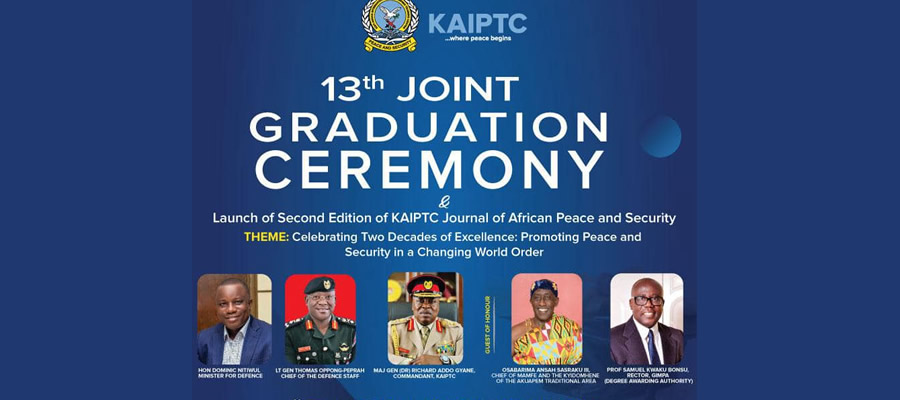
Date Created : 12/2/2024 : Story Author : James Amoh Junior / Ghanadistricts.com
Some 104 students graduated with master’s degrees in three specialized programmes.
The graduation class comprised 104 graduates from Ghana, Nigeria and South Africa, comprising 51 Master of Arts in Conflict, Peace, and Security programme, 28 Master of Arts in Gender, Peace, and Security programme, and 26 Executive Master of Arts in Conflict, Peace, and Security programme.
The 13th graduation, which coincided with the Centre’s 20th anniversary, was on the theme: “Celebrating Two Decades of Excellence: Promoting Peace and Security in A Changing World Order.”
Major General Dr Richard Addo Gyane, Commandant, KIPTC, congratulated the graduates for proving themselves as capable ambassadors of the centre, meeting its rigorous standards and demonstrating their ability to tackle today's complex challenges.
He said the changing global environment that continued to threaten this generation called for astuteness, maturity and discipline to meet everyday situations that had the potential to make life untenable, especially for the socially vulnerable.
“In such conditions, I believe that education, if it is to make an impact at all, should equip us with the tools to confidently change the social and economic conditions of the people among whom we operate,” he said.
Maj Gen Gyane urged them not to make this the end of their academic journey but a significant milestone, signalling the start of a new chapter to make innovative contributions to addressing global challenges, especially those in West Africa and Africa.
Touching on the theme, he said there was the need for African perspectives to move from the margins to the forefront in the evolving multipolar world in reassess global security governance and fostering inclusive cooperation that benefited all.
He said, “African scholarship has long been marginalized by knowledge centres in the global north. This theme urges a re-evaluation of global security governance to promote inclusive prosperity through new forms of cooperation.”
The theme, he observed, challenged Africans to deconstruct and reflect on the foundations of global security governance in ways that fostered prosperity for all through win-win forms of cooperation.
Osabarima Ansah Sasraku III, Chief of Mamfe and the Kyidomhene of the Akuapem Traditional Area, praised the remarkable achievements of the centre over the last 20 years.
He said the concept of world order reflected the distribution of power and the frameworks governing global norms like peace, security, and justice.
“Historically, the bipolar world order post-WWII and the subsequent nuclear system marginalized non-Western voices, including Africa, in global governance. For instance, Africa's exclusion from key frameworks like the UN Charter highlights these inequities,” he added.
The Chief of Mamfe said Africa was significantly challenged with issues, including election-related violence, poor land administration, farmer-herder conflicts, violent extremism, corruption, poverty, youth unemployment, and unconstitutional regime changes.
The resurgence of military coups in countries like Mali, Burkina Faso, Niger, and Guinea, he stated, threatened democratic progress and stability in the region.
He said, “At a time when many thought acts of coup d'etat had become a thing of the past in West Africa, military adventuring in politics and unconstitutional regime changes are here with us again, undermining the process of democratic conservation in our sub-region.”
Ms Esther Asiome, Valedictorian of the 2024 graduating class, who looked back at the challenges faced in balancing professional responsibilities with academic pursuits, said determination and effective time management proved essential.
She said, “As we move forward, let us apply the knowledge and skills gained to impact our homes and communities positively. Promoting peace and gender inclusion starts with individual actions, not grand projects.”
The second edition of the KAIPTC Journal of African Peace and Security (JAPS), first published in 2018 but halted after its first edition, was launched.
The journal aims to challenge Western-centric narratives in academia and address issues like democratic reversals, terrorism, and leadership crises in Africa.
In a world facing complex global challenges, the JAPS seeks to amplify African voices and contribute to high-quality scholarly discourse on peace and security.
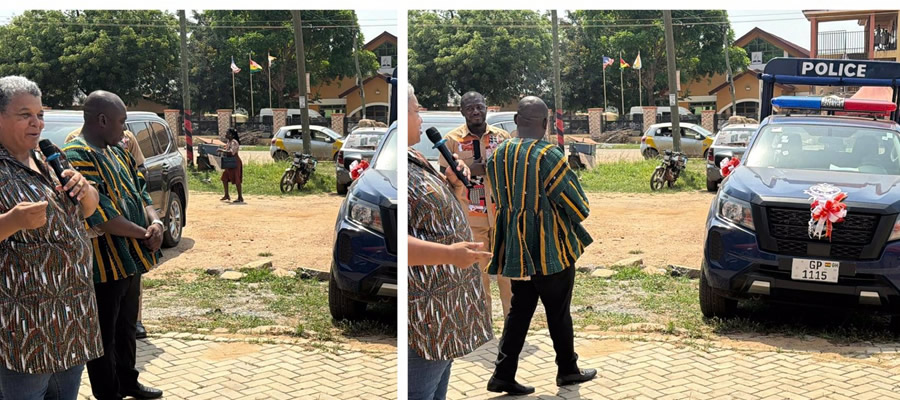

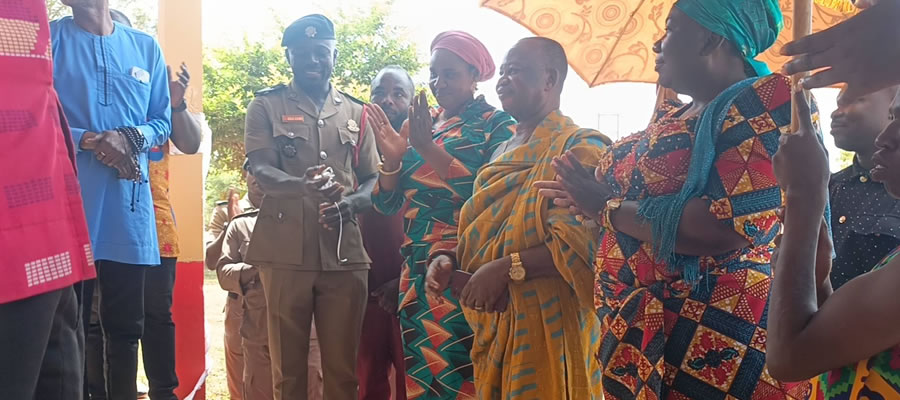
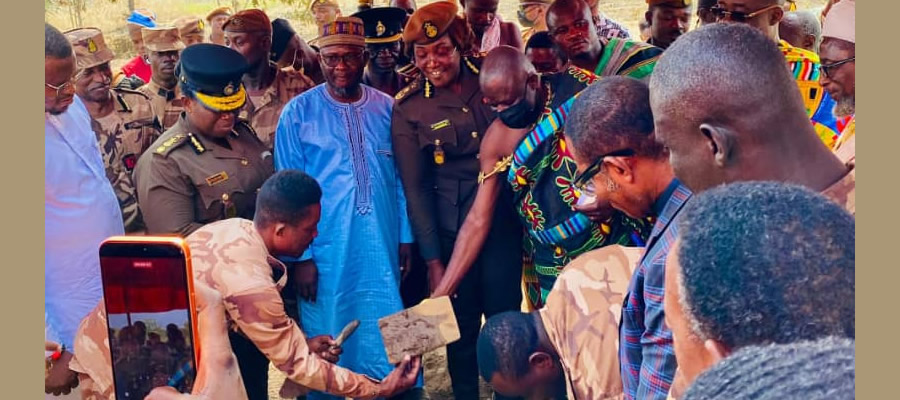
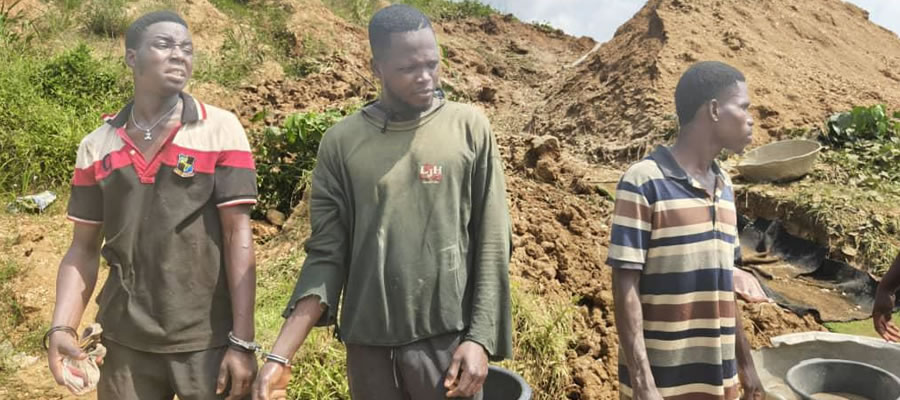
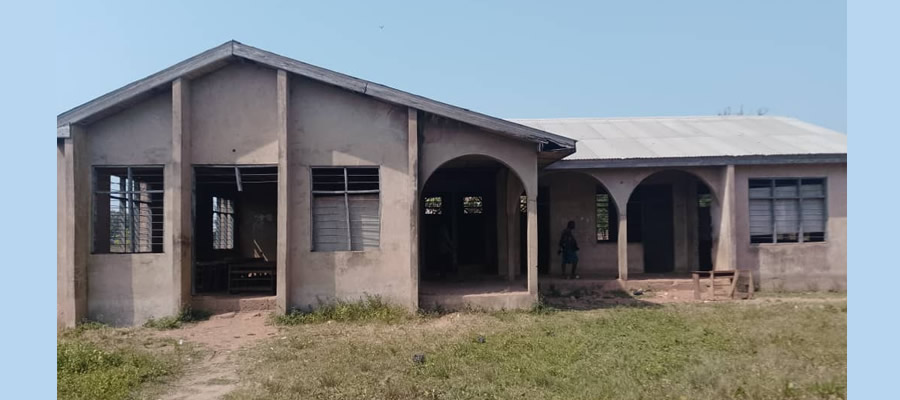
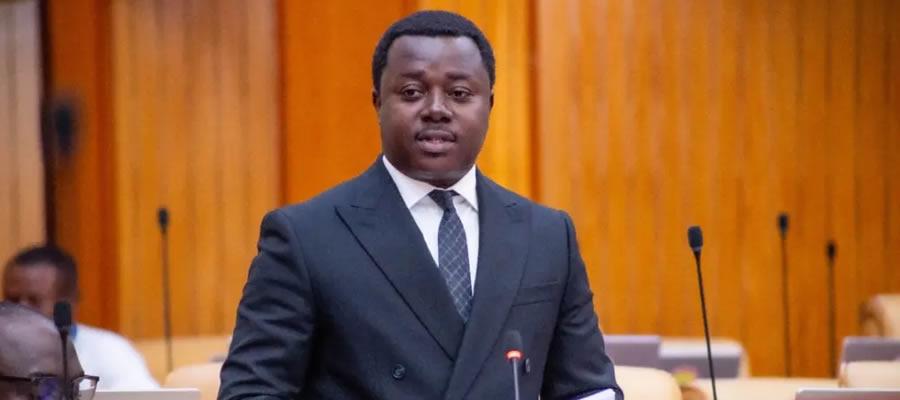
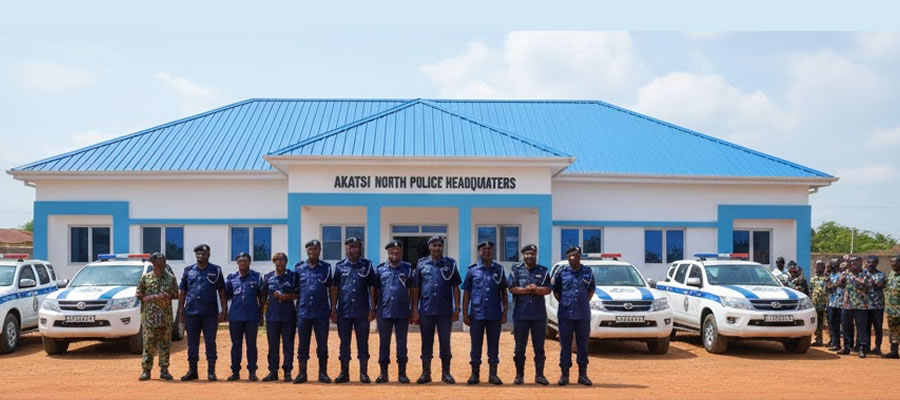
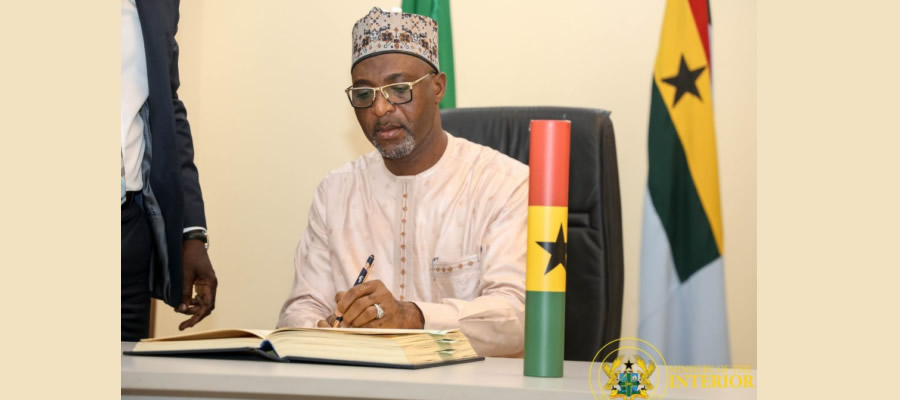
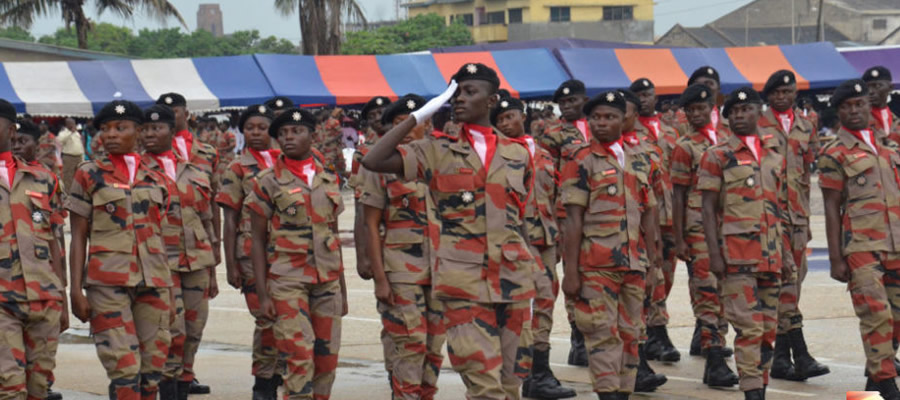
 facebook
facebook
 X
X
 Youtube
Youtube
 instagram
instagram
 +233 593 831 280
+233 593 831 280 0800 430 430
0800 430 430 GPS: GE-231-4383
GPS: GE-231-4383 info@ghanadistricts.com
info@ghanadistricts.com Box GP1044, Accra, Ghana
Box GP1044, Accra, Ghana